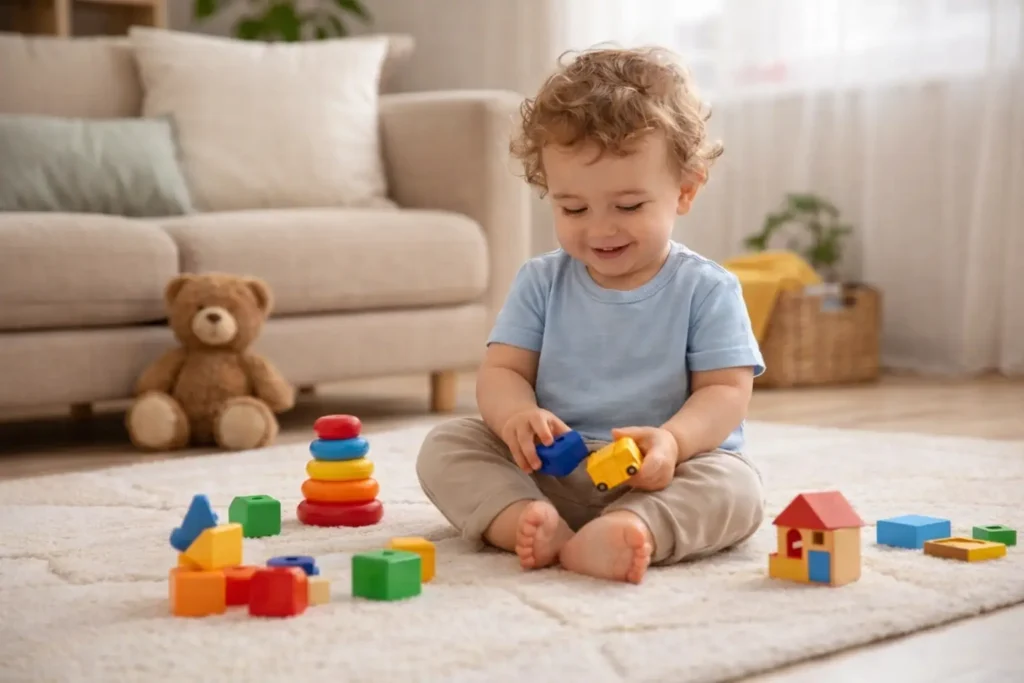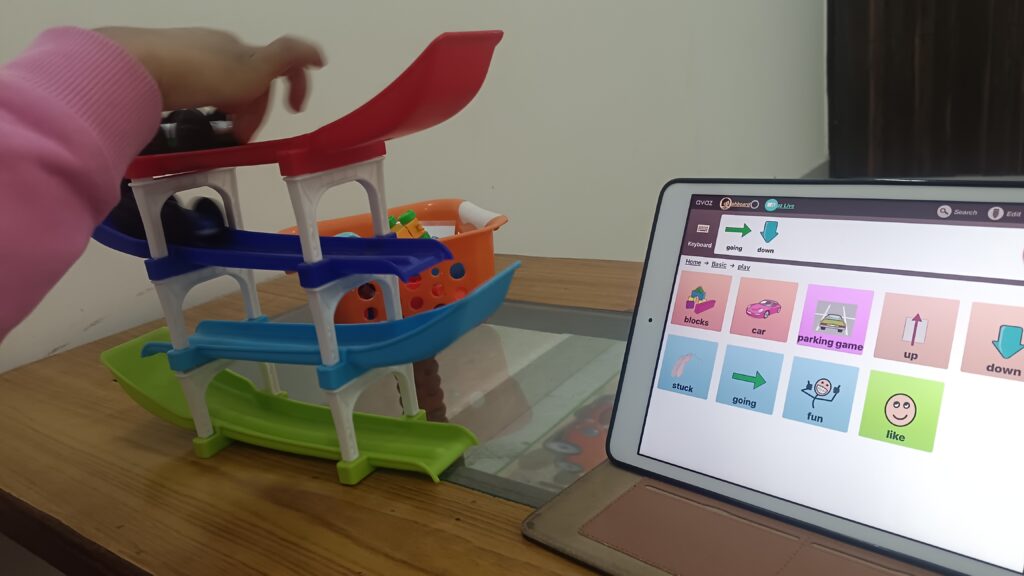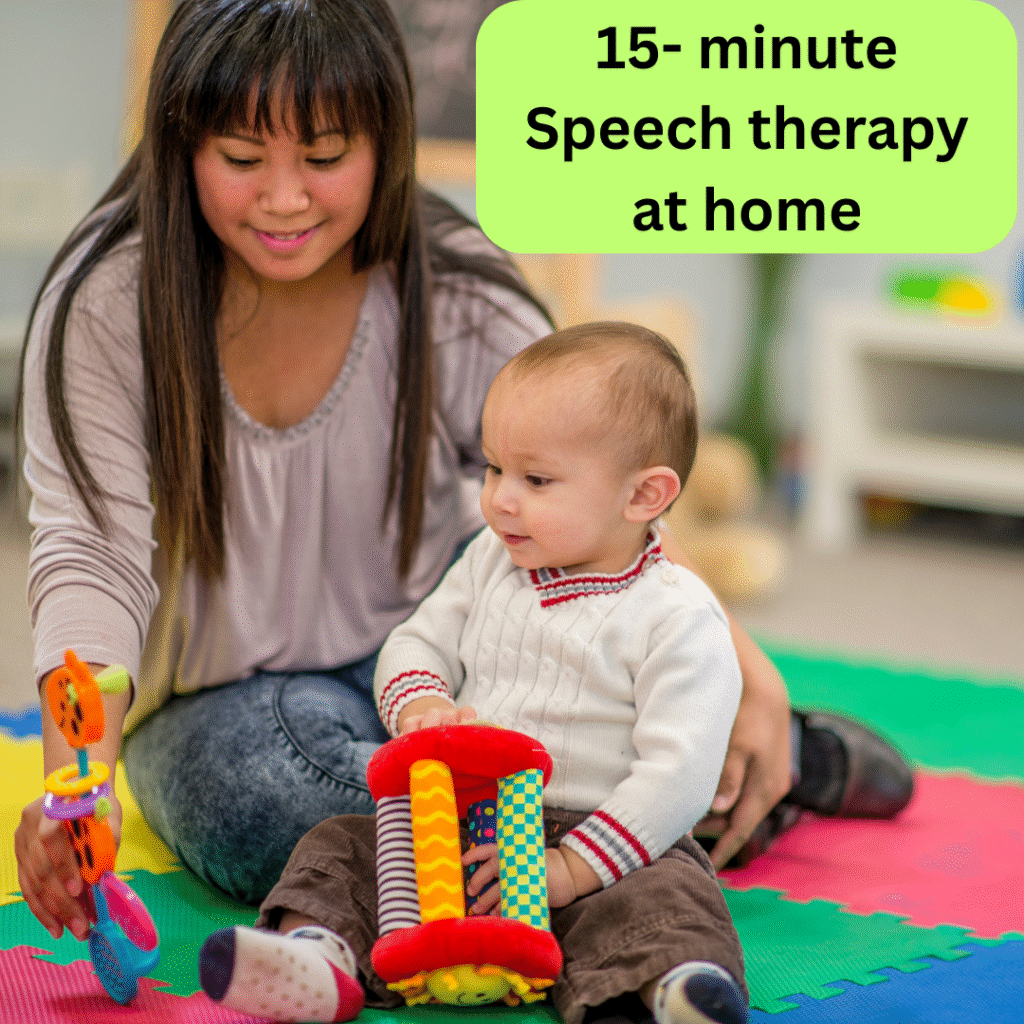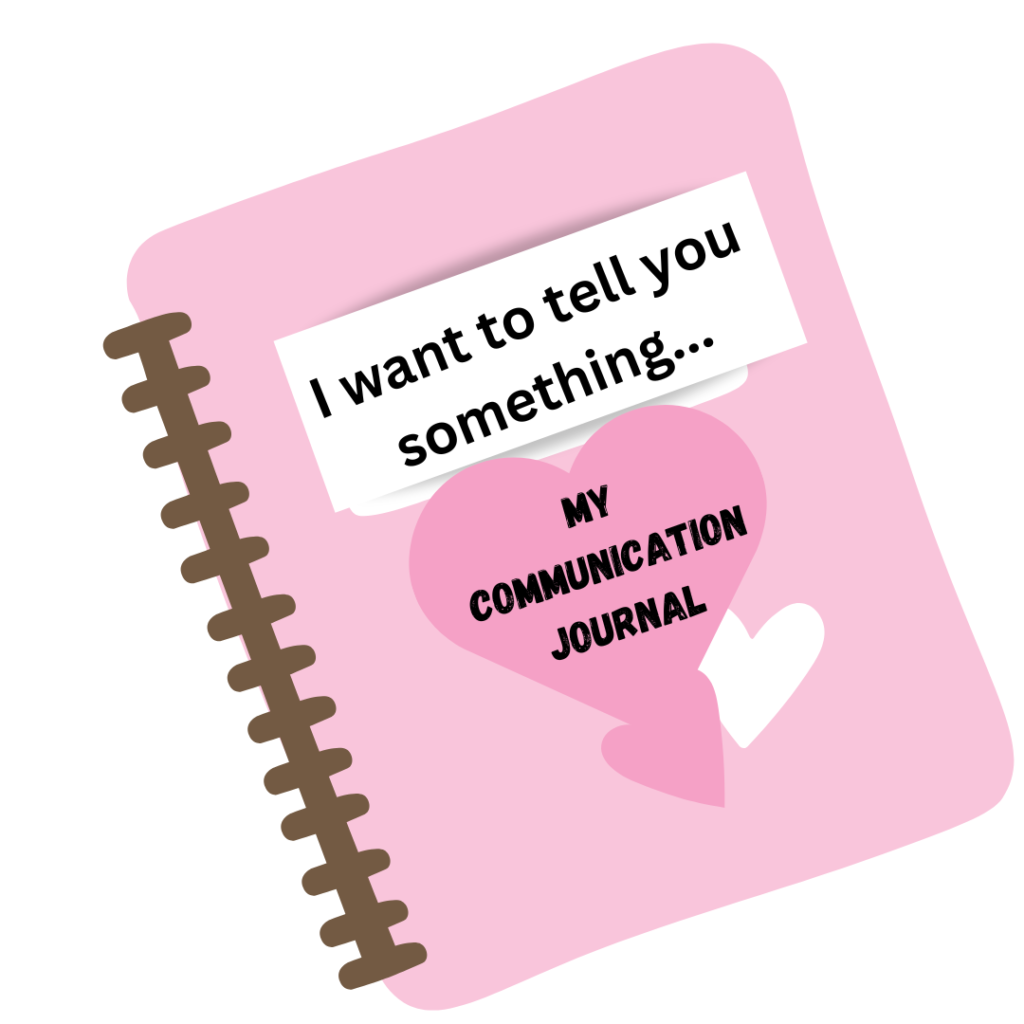Admin
If you are a parent feeling confused, overwhelmed, or unsure about your child’s speech and language development, my 1:1 consultations and parent training programmes are designed to bring clear direction, confidence, and meaningful change—not guesswork.
These sessions focus on helping parents understand what their child truly needs, what to prioritise, and how to support communication every day at home. For many families, this guidance becomes a turning point, reshaping how they interact, respond, and support their child’s communication journey
Hi, I’m Shabana.
I am a Speech and Language Therapist with over 24 years of clinical experience, supporting children with speech, language, and communication needs, while empowering parents to confidently support their child’s development.
My professional journey spans hospitals, clinics, and educational settings, and I currently work in a mainstream inclusive school as part of the multidisciplinary assessment team. I independently develop Individualised Education Plans (IEPs) in close collaboration with parents and deliver individual, paired, and group therapy sessions, ensuring comprehensive and meaningful support for each child.
My clinical approach is informed by specialised training in:
Oral Placement Therapy (TalkTools®)
Natural Language Acquisition (Gestalt Language Processing) following Marge Blanc’s framework
DTTC (Dynamic Temporal and Tactile Cueing) for Childhood Apraxia of Speech
I work with children with autism, speech delay, echolalia, apraxia, and oral-stage feeding and drinking difficulties, using evidence-informed strategies tailored to each child and family.
Alongside clinical practice, I am an international presenter and speaker, having delivered talks and presentations at international conferences, where I share practical, evidence-based insights into speech and language development and parent-guided intervention.
I am known for my calm, patient, and structured approach, and my commitment has been recognised through long-service awards, marking 10 and 15 years of dedicated service in my current role.
Beyond school practice, I run a home-based Speech and Language Therapy clinic, where I provide therapy and parent training programmes. Many of the parents I work with are trained to confidently use speech-language strategies at home, supporting consistent progress beyond therapy sessions.








